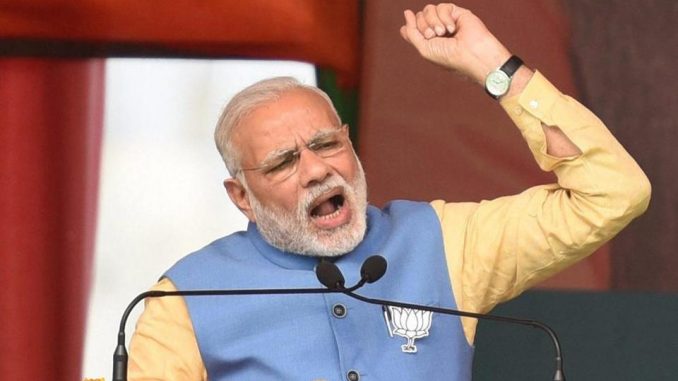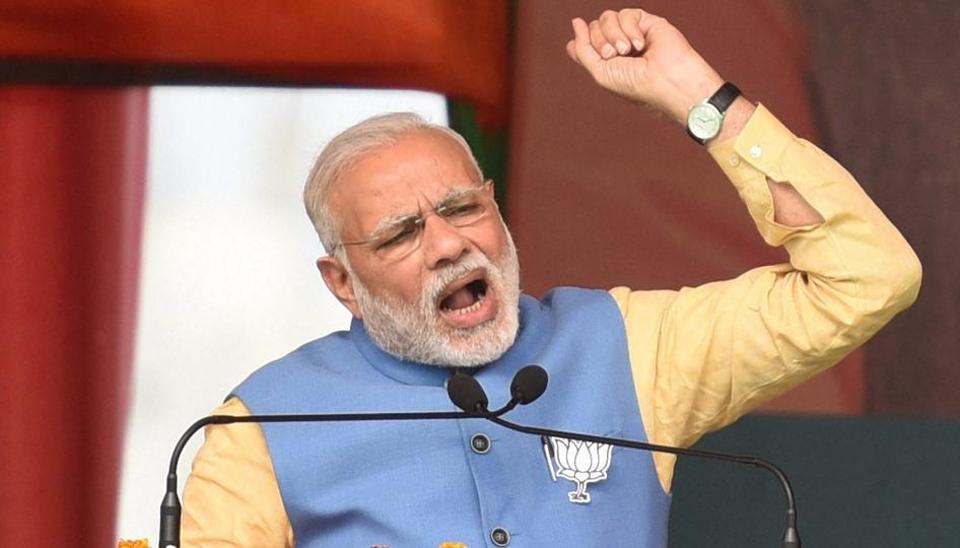
Most of the investors have speculated a win for Prime Minister Modi in the second term for the upcoming elections in 2019. Since the PM took over the office, the equity value of the nation had doubled. Therefore, a change in the political air could alter the entire economic structure.
UBS Securities India Pvt. Ltd. stated that the anticipation about the economic agenda of the government has assisted the investors to shove off the weak earnings. Along with it, the expensive valuation of equity beneath the hopes of market expects the return of PM Modi with a majority of the single party.

India has a system in which a candidate is bestowed with a seat in government if he/she wins a maximum number of votes in a constituency. Therefore, the fragmentation of opposition is the prime component to consider.
The BJP wouldn’t have won the majority, if the prime opposition parties didn’t join hands. However, if the same scenario gets repeated, the side of the majority will be heavier, which might need an exterior intervention to form a government. Therefore, it is very important to study the opposition parties for understanding the alliance.
The performance of BJP in the election of the eight states will also indicate the market sentiments. In December, Gujarat witnessed an all-time low seat of the past two decades.
As a result, the BSE Sensex had also dropped by 2.6% before recovering.
As per the analysts, the results of the state election will not be affecting the stand of BJP as the calculation is simple and doesn’t consider the variations in the voting pattern for the national and state level.
When Atal Bihari Vajpayee lost the election, the Sensex had crashed by 17%.
The rupee is already facing a tough time in the international market and might face harsher scenarios if the political scene changes in the country.
The election is yet to strike the country and the results are highly uncertain.
